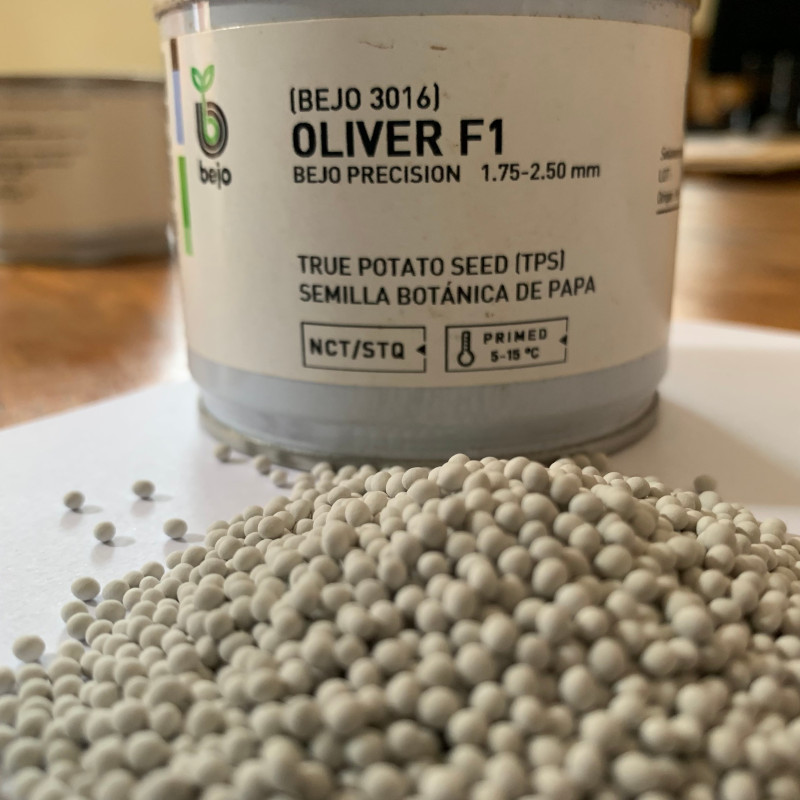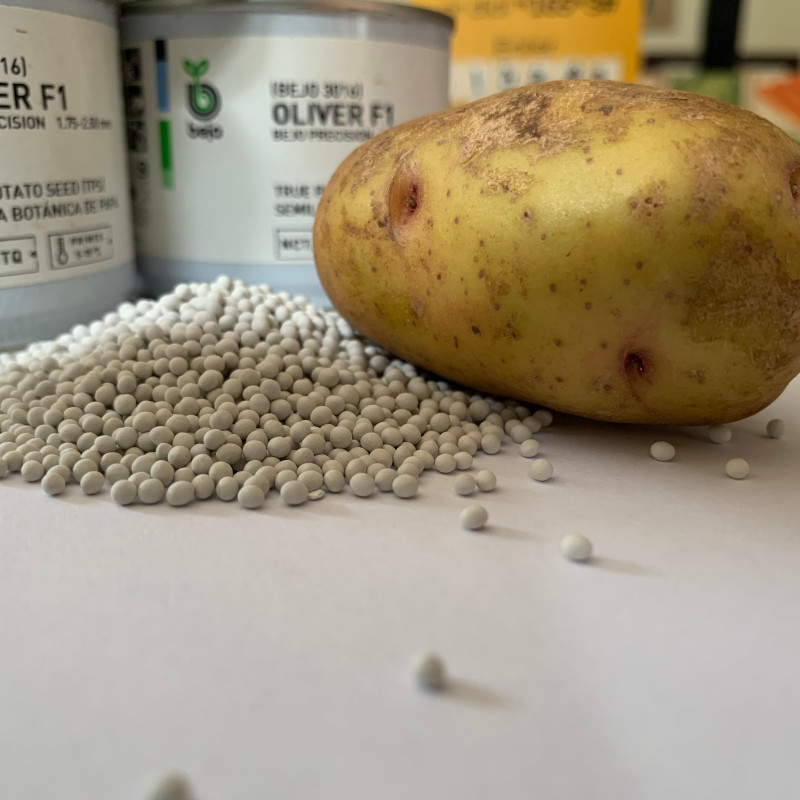The lack of clean, and reliable planting material that isn’t saved from the rejects from the previous growing season is one of the major factors limiting crop production in Uganda for most food crops. This is no exemption for the potato value chain since 80% of the planting material is obtained from the rejected yields of the previous season.
On top of that, potato growers are still conflicted between consuming the stored as food seed or using them as planting material in situations of food insecurity. Of which in most cases growers choose to consume the next season potatoes for them to survive.
The remoteness and terrain of the potato growing region in Uganda still limits the growth in production since increased production leads to a stiff increase in production cost due to the bulkiness of the planting material that makes their transportation to the fields challenging.
To combat these challenges and develop Uganda’s potato value chain to its maximum potential, Dutch Seed Centre partnered with IFDC under the Bright Project with support from Embassy of the Kingdom of the Netherlands to introduceTrue Potato Seeds (TPS) cultivar Oliver F1 in Uganda.
Oliver F1 is a potato cultivar from Bejo Zaden that can be propagated from seed instead of using the mature harvest produce as planting material. The introduction of these seeds is a total game changer in the potato value as it will solve the major 3 challenges limiting production.

To test for its suitability in the Ugandan environment and to conform to the statutory Ugandan requirements for the introduction of a new cultivar in the country, we worked closely with NARO under KARZDI to establish and run trials in different locations in Uganda which included: Kabarole, Zombo, Masaka, Rubanda, Kabale and Bulamburi districts.
The results from the set-up demos clearly proved that the introduction of the Oliver F1 would indeed solve the above-mentioned challenges and see to the development of the potato value chain.
Currently Dutch Seed Centre is working on finalizing the registration of the cultivar with only the DUS test remaining for the cultivar to be released by MAAIF.






